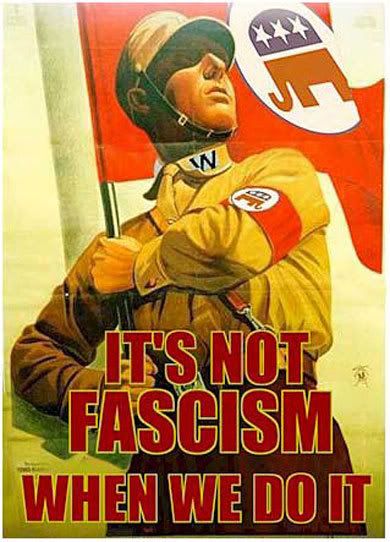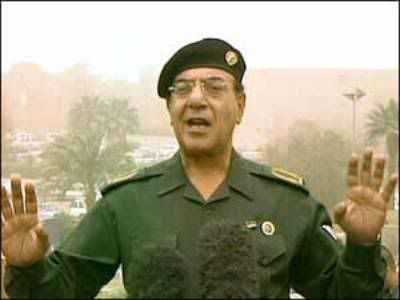They don't get freedom, do they?
People are crying foul over a Singaporean academic being denied a teaching place at NYU because of her anti-gay stance, asking "What academic freedom?".
Truth be told, that's almost good question. They don't seem to have a good idea what freedom really means, so they should be asking "What is academic freedom?".
To be fair, a lot of Americans don't get it too. Freedom doesn't mean the freedom to do whatever you want. That has never been the case, since no country on earth has no penal code whatsoever (enforcement is a separate question). Many reasonable people also believe that you don't have the freedom to say anything you want anywhere, freedom of speech or no.
Best of all, one freedom often eats into another. Ireland just passed an anti-blasphemy law in an age where countries are abandoning those. Ostensibly, it's done in the name of freedom of religion. However, it erodes one's freedom to say some things that are relatively harmless.
Which freedom do we uphold?
So let's get straight to the point. There are good principles in this world, and we should follow them. Academic freedom doesn't mean the freedom to be intolerant towards other people at the side – think about a teacher who secretly favours students of one race over those of another, for example. The much-repeated quote about evil growing where good men and women do nothing about it applies here as well. Intolerance, if left unchecked, breeds intolerance. Many people would be opposed to having a teacher who openly expresses or advocates racism. They know, or at least intuit, that it's not healthy for the society to allow intolerance to fester in an especially sensitive area – where young people are receiving their education. Why should anti-gay people get a pass?
Gay activists and liberals are not quashing academic freedom in being opposed to such a pedagogue (and part-time demagogue?). They are not about to have someone who is lacking in social credentials be placed in a position that carries a clear social responsibility. And, above all, they are for the freedom to coexist.
As for questions of meritocracy, whether academics should get positions based solely on merit in their fields, whoever said that meritocracy is necessarily good anyway? A completely meritocratic society would be exceedingly cruel. The strong would lord it over the weak undisputed – so much for the development of civilisation (recall Hammurabi's Code, set down thousands of years ago).
I'm sympathetic to the fact that some pedagogues are smart but messed up and we shouldn't waste their talents. If they're that good, give them their positions, but they should not be allowed to publicly express their harmful beliefs during their tenure. Incensed by this recommendation? As it is, you're not allowed to do insider trading so that the financial market can function properly. In a similar vein, you shouldn't be allowed to sabotage the development and maintenance of a tolerant society. And when it comes to being able to make money, people are all for controls like intellectual property rights. I say that there is another kind of 'intellectual property right' in academia: Students have the right not to have their intellect polluted by intolerant views while learning.
And, finally, let me say one more thing. Would you be surprised to find out that some of the same people crying for freedom in this instance would be crying foul if other people took the liberty to do things that they don't like? Why, you needn't look beyond this case to witness that. They want freedom in academia? Why is the law against being a homosexual still there?
Maybe it's freedom unless they disagree with your sexuality...


